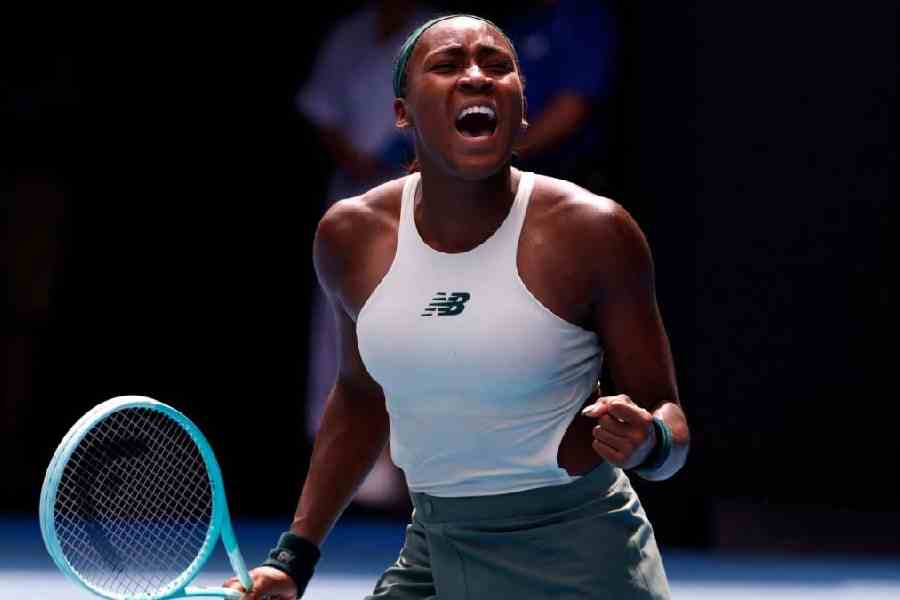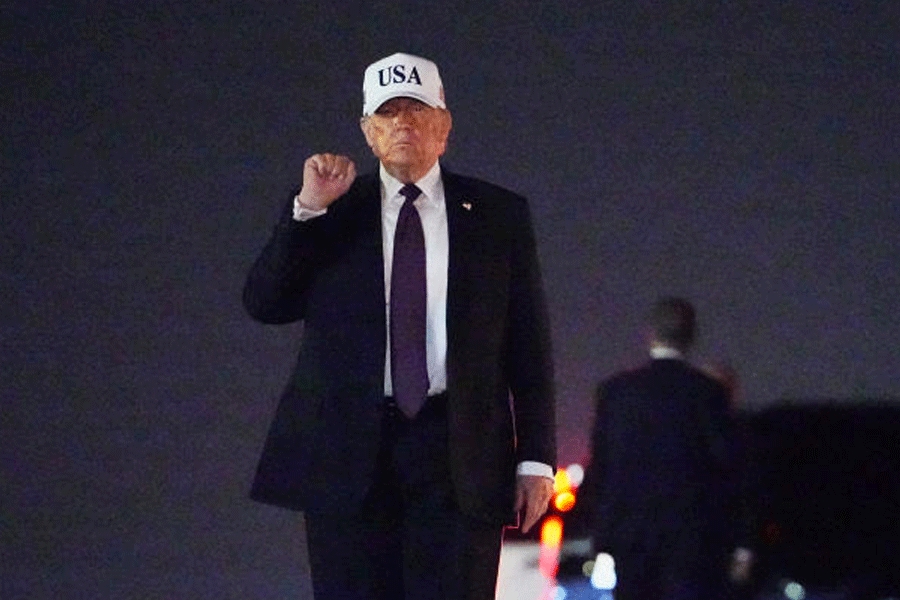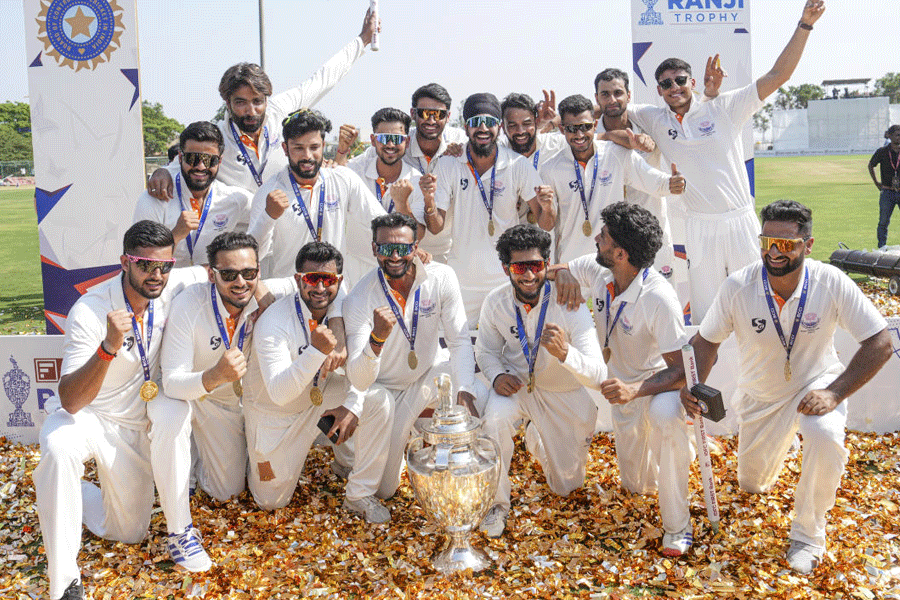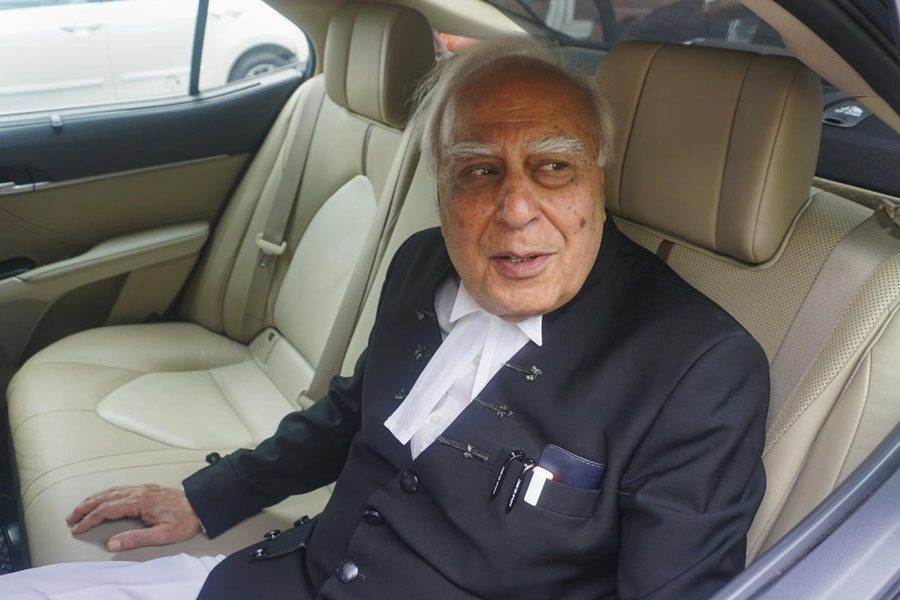After winning the French Open this year, Coco Gauff remarked, “I’m proud to represent Americans that look like me.” In that simple yet powerful statement, she paid homage to generations of African-American athletes who affirmed the need for sports to be representative.
There has been a persistent undercurrent of racial discrimination in American sports. For decades, African-American athletes have not only battled competitors but also systemic inequalities and deep-seated prejudice. From Jackie Robinson breaking Major League Baseball’s colour barrier in 1947 to Serena Williams redefining excellence in tennis, the story of Black athletes in the United States of America is one of courage, resilience, and social awakening.
While African-Americans have made significant inroads into basketball, football, and athletics, access to and acceptance in more exclusive, historically White sports like golf, swimming, and tennis have come slowly and unevenly. For many African-American athletes, the struggle begins not with competition but with access. Poorer school districts — often predominantly Black — lack sports infrastructure and funding. Aspiring athletes have to fight not just for excellence but also visibility, quality coaching, and basic resources. Unlike White sportsmen who often benefit from generational wealth and access to elite training facilities, Black athletes receive meagre financial cushion or institutional support.
These inequalities are often compounded by stereotypes. African-American athletes are celebrated for physical prowess but lack recognition for intellectual acumen or leadership. In the public discourse, there’s a persistent tendency to ascribe Black athletic success to ‘natural talent’, downplaying the role of strategy, discipline, and intelligence in their performance. Moreover, when Black athletes voice political or social concerns — Muhammad Ali, Colin Kaepernick, and LeBron James are examples — they are often met with backlash and accusations of being ‘unpatriotic’ or divisive. Gauff’s activism and willingness to speak on issues such as racial injustice, police brutality, and identity have earned her both admiration and scrutiny. In choosing to use sport as a platform to highlight broader societal issues, she joins a proud lineage of Black athletes who have recognised that greatness on the field must be accompanied by moral clarity off it.
The murder of George Floyd in 2020, the Black Lives Matter movement, and ongoing debates over race in America have sharpened awareness of how sport is not immune to social fault lines. Gauff’s generation is more vocal, more conscious, and more willing to challenge the status quo. She represents a shift from mere survival in sports to shaping its future narrative.
But challenges persist despite this progress. African-American athletes still face micro-aggressions, coded criticism, and unequal media scrutiny. They are underrepresented in coaching and administrative roles and face pay disparities because endorsements and visibility are tightly linked to racial dynamics in sports. Even today, expressions of cultural identity—be it hairstyles, clothing, or speech—are often policed or criticised when coming from Black athletes.
The story of African-American athletes in the US is not just about overcoming racism: it is about reshaping the very fabric of American sports and society. It is about resilience in the face of adversity, grace under pressure, and the determination to not just win but to belong.











